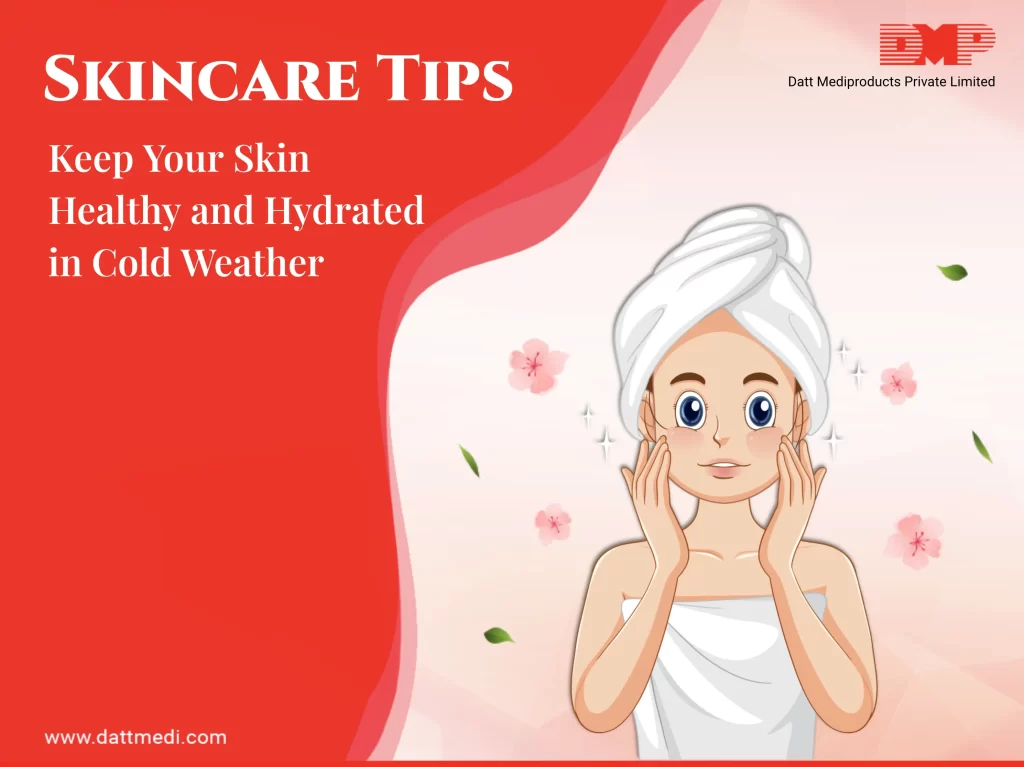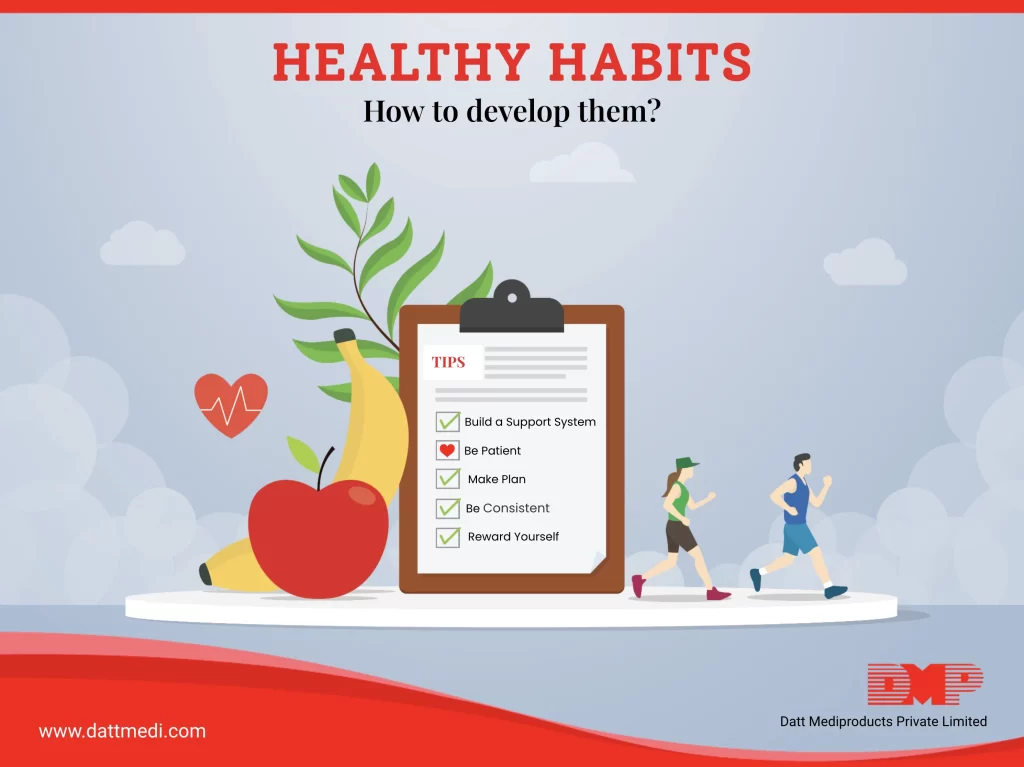
As winter approaches, it brings along cold temperatures and dry air, which can take a toll on our skin. To maintain a healthy and hydrated complexion during the chilly months, it’s important to adjust our skincare routine accordingly. In this blog, we will explore some effective winter skincare tips to help you protect and nourish your skin, ensuring it stays radiant and moisturized throughout the season.
Hydrate from Within:
In cold weather, it’s common for us to reduce our water intake, as we don’t feel as thirsty as we do during hot summer days. However, maintaining proper hydration is essential for healthy skin, regardless of the season.
Drinking an adequate amount of water will help keep your skin hydrated from within, preventing it from becoming dry and dull. Aim to drink at least 8 glasses of water per day, and consider incorporating hydrating beverages like herbal teas or infused water to add variety and flavour.
Moisturize Regularly:
One of the key steps in a winter skincare routine is moisturizing regularly. Cold air and low humidity levels can strip the skin of its natural moisture, leading to dryness and irritation. To combat this, opt for a rich, nourishing moisturizer that contains ingredients like hyaluronic acid, glycerine, or ceramides. Apply it generously to your face and body after cleansing, focusing on areas prone to dryness such as the hands, elbows, and knees. For added protection, consider using a thicker moisturizer at night and a lighter one during the day, along with a sunscreen to shield your skin from harmful UV rays.
Gentle Cleansing:
While it’s important to keep your skin clean, aggressive cleansing can strip away essential oils and disrupt the skin’s natural barrier. During winter, switch to a mild, hydrating cleanser that won’t further dry out your skin. Look for products that are free from harsh chemicals and fragrances, as these can be particularly drying. Additionally, avoid using hot water for cleansing, as it can deplete the skin’s natural moisture. Instead, use lukewarm water and pat your skin dry with a soft towel, leaving some moisture behind to help lock in hydration.
Protect Your Skin:
Cold weather often comes with harsh winds, which can cause windburn and exacerbate skin dryness. Shield your skin from these elements by wearing protective clothing, such as scarves, hats, and gloves, that cover exposed areas. Additionally, don’t forget to apply a broad-spectrum sunscreen with an SPF of 30 or higher, even on cloudy days. UV rays can still penetrate the clouds and cause damage to your skin. Reapply sunscreen every two hours, especially if you engage in outdoor activities.
Humidify Your Environment:
Indoor heating systems can further deplete the moisture levels in the air, leading to dry and irritated skin. To counteract this, invest in a humidifier to add moisture back into the environment. Place it in the rooms where you spend the most time, such as your bedroom or living room. A humidifier will help combat the dryness caused by artificial heating and create a more comfortable and skin-friendly environment. Remember to clean and maintain the humidifier regularly to prevent the growth of bacteria or mould.
Maintaining healthy and hydrated skin during the winter months requires a few adjustments to your skincare routine. By following these tips, including staying hydrated, moisturizing regularly, using gentle cleansers, protecting your skin, and humidifying your environment, you can keep your skin nourished and radiant despite the cold weather. Embrace these practices, and enjoy a winter season with healthy and glowing skin.




